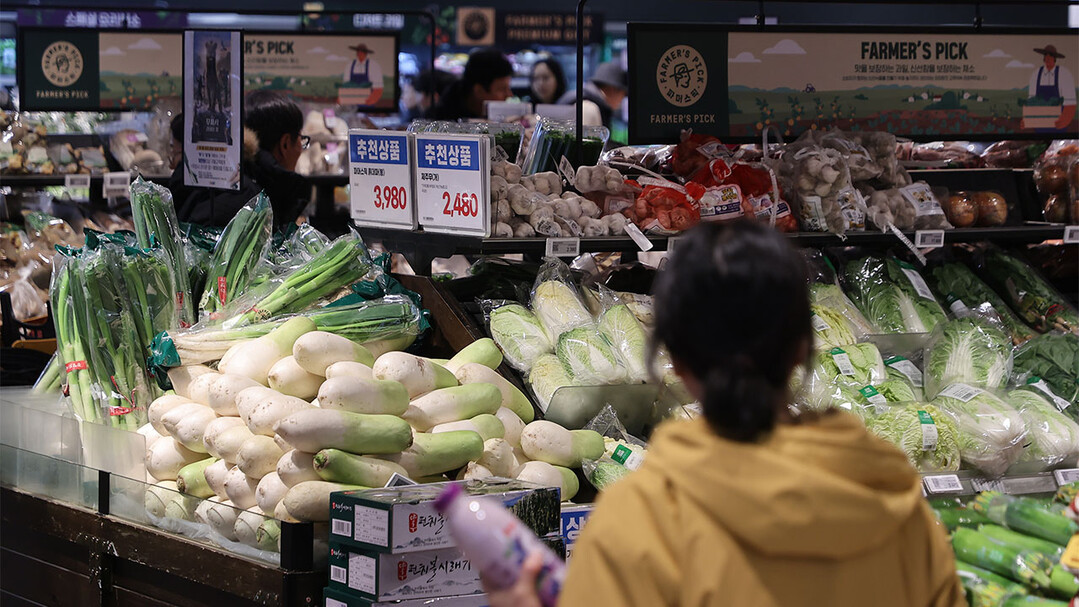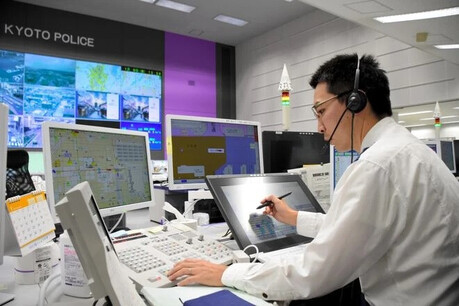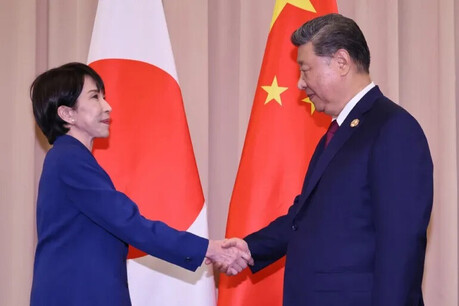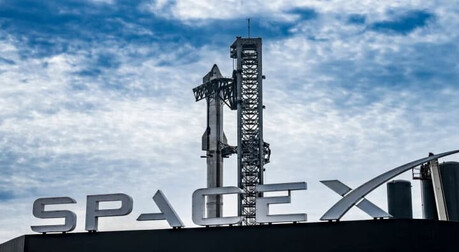
Seoul, South Korea – As South Korea prepares for the Lunar New Year, a traditional holiday marked by family gatherings and festive meals, prices of certain agricultural products are skyrocketing. Notably, the costs of essential ingredients for the holiday, such as cabbage and radish, have surged by as much as 100% compared to the same period last year.
According to data from the Korea Agro-Fisheries & Food Trade Corporation (aT), as of January 3rd, the average retail price of a head of cabbage was 5,027 won, marking a 58.9% increase year-on-year. Similarly, the price of a radish has soared 77.4% to 3,206 won. These price hikes are primarily attributed to adverse weather conditions, including a prolonged heatwave last summer that disrupted crop growth.
Excessive rainfall in Jeju Island, a major producer of winter radishes, further exacerbated the supply shortage. Additionally, the early release of cabbage and radish supplies last year to stabilize prices during the kimchi-making season has contributed to the current price surge.
To mitigate the impact of rising vegetable prices, the government is considering several measures, including releasing maximum available quantities of cabbage into the market and temporarily suspending purchases. As a last resort, the government is also exploring the possibility of importing cabbage from China, a measure that was implemented last year when cabbage supplies dwindled due to extreme weather.
While the prices of pears and apples have also increased due to reduced supply, the costs of other essential commodities like onions, potatoes, and garlic have remained relatively stable or even decreased compared to the previous year. However, the prices of citrus fruits and strawberries have seen significant increases due to factors such as heat damage and reduced production.
In contrast to the volatility in agricultural product prices, livestock prices have remained relatively stable. The retail price of Korean beef has remained almost unchanged, while pork prices have increased slightly. However, the recent outbreak of avian influenza could potentially disrupt the supply of poultry and eggs, leading to price fluctuations in these products.
To address the rising prices and ensure sufficient supplies during the Lunar New Year holiday, the government plans to release a comprehensive price stabilization plan this week. This plan is expected to include measures such as increasing the supply of fruits like apples and beef, and offering substantial discounts to consumers.
[Copyright (c) Global Economic Times. All Rights Reserved.]





























